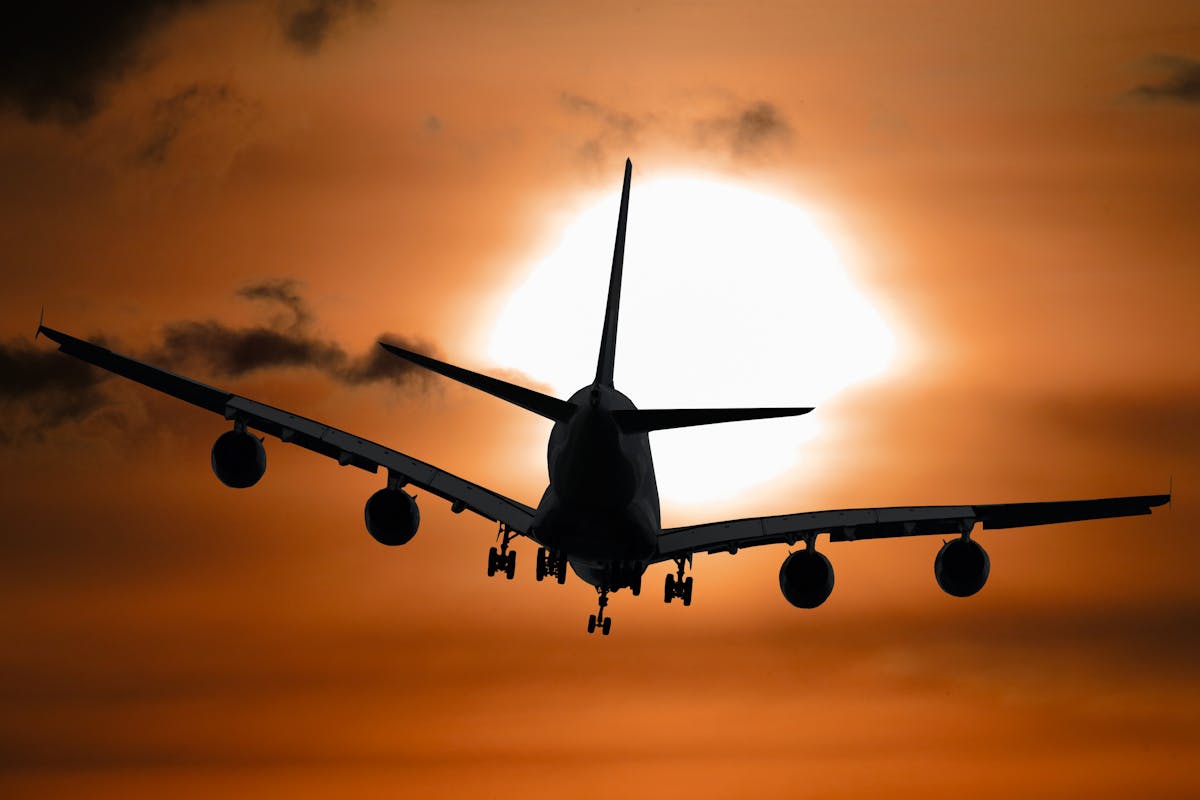India Is Trying to Make Air Travel Affordable, But How? - India Report

Skift Take
The Indian government has advised airlines to self-regulate and exercise moderation in pricing air tickets, the civil aviation ministry has said. The move has come amid concerns over high airfares, especially during peak periods and festivals.
Indian minister of state for civil aviation Murlidhar Mohol said that the ministry held consultations with the airline representatives and advised them to keep the interest of passengers in mind when fixing the prices. “The airlines have committed to ensure that airfares do not surge during events such as natural disasters, calamities, etc,” he said.
Civil aviation minister Kinjarapu Rammohan Naidu also promised to probe hikes in airfares.
Soon after taking the post as the new civil aviation minister, Naidu had said that he intended to make air travel affordable, and was working on strategy to keep airfares in check. But Naidu might have face some difficulty in achieving his goals.
Monitoring Airfares in India: India deregulated the aviation sector in 1994, and since then, it neither establishes nor regulates the airfares. Mohol said that the sector was deregulated in most countries of the world. “Deregulation has led to increased competition between airline carriers, leading to decrease in airfare. As a result of deregulation, entry into the airline industry for a potential new airline has become easier,” he said.
The minister further added that the ability of lower income groups in India to travel by air was a direct result of deregulation.
For airfare monitoring in India, civil aviation watchdog Directorate General of Civil Aviation (DGCA) has set up a Tariff Monitoring Unit (TMU) to monitor airfares on select domestic routes on a random basis to ensure that airlines do not charge airfares outside the range declared by them.
Last year also, representatives of private airlines in the country were called by a committee of the parliament that was looking at the matter of exorbitant airfares. The committee had also advised the civil aviation ministry to cap upper and lower levels of airfares to prevent predatory pricing mechanisms by airlines. The issue, however, still persists more than a year later.
Why This Issue Matters: India is one the fastest growing aviation markets, and its domestic aviation market is the third-largest in the world. Over the past decade, the Indian domestic market grew at an annual rate of 6.9%, according to data by aviation analytics firm OAG.
The low-cost carrier segment accounted for more than 78% of the domestic airline capacity in India in the month of April this year. According to OAG, "The LCC sector has been key to driving growth in India’s domestic market. In the last 10 years IndiGo has almost doubled their market share, from 32% of capacity in 2014 to 62% today."
This means that the growth of Indian aviation sector depends on the low-cost carriers, and by extension, on the lower income level groups. Indian middle class, which has an annual income between INR 500,000 – 3 million ($6,000 – $36,000), accounts for over 30% of the Indian population, and is the driver of travel and aviation industry, according to Skift's megatrend, Accor CEO Sébastien Bazin, and online travel agency MakeMyTrip's group CEO Rajesh Magow.
Thomas Cook Launches RuPay Forex Card for UAE Currency
Travel agency Thomas Cook has partnered with Indian digital payments body National Payments Corporation of India (NPCI) to launch a prepaid forex card for Indian travelers visiting the United Arab Emirates (UAE). The forex card will run on India’s RuPay card payment network - an indigenous alternative to Visa and MasterCard.
In a statement, Thomas Cook said that the RuPay forex card for UAE is a pilot project and a global rollout of the initiative is planned in a phased manner.
The company selected UAE for the trial run as a significant number of travelers from India head to UAE, especially Dubai. According to Thomas Cook data, the number of Indians traveling to Dubai from India in the first quarter of 2024 increased by 12% as compared to the same period last year.
Apart from the RuPay payment gateway for transactions and free ATM withdrawals in the UAE, the card is also offering benefits including lounge access at international airports in India and complimentary insurance cover.
Vistara Announces Voluntary Retirement Scheme for Ground Staff
Merger-bound airline Vistara has announced a voluntary retirement scheme (VRS) and a voluntary separation scheme (VSS) for its permanent ground staff. VRS is meant for ground staff members that have worked with the airline for five years, while VSS is for those who have less than that.
Vistara’s schemes are similar to the ones offered by Air India to its staff a few weeks ago. Pilots, cabin crew, and staff members holding licenses to carry out their duties are not eligible for these schemes.
The impending merger of Vistara with Air India is expected to impact about 600 non-flying staff members across both airlines. They collectively have a staff of 23,000.
ITC Hotels Could be Listed by 2024-End
The demerger of conglomerate ITC’s hotel arm - ITC Hotels - is on track to be completed in the next six months, said ITC chairman and managing director Sanjiv Puri said during the company’s annual general meeting. He also said that the listing of ITC Hotels should be in line with the original timeframe shared by the company when it announced the demerger last year.
This indicates that the hotel arm of the conglomerate could be listed by the end of 2024. Puri said that ITC Hotels is looking at improving productivity and introducing new revenue streams.
He also said that there is a lot of scope for growth and investment in the hotel sector in India, highlighting that while the average supply of rooms in the world to 1,000 people is 2.2, in India, this ratio is 0.11.
The company opened 32 hotels in the last 24 months, and has a current portfolio of 140 properties. It is looking to expand this to 200 properties within the next five years.
Yemenia Airways to Resume Flights to India
Yemen’s flag carrier Yemenia Airways has resumed commercial flights from Sanaa to India. The airline will operate flights to India twice a week.
The airline is also set to resume flights to Cairo in Egypt this week, where services were halted since late 2016.
The resumption of services comes as part of an agreement between the warring parties in Yemen. A civil war had erupted in Yemen in 2014 when Houthi militants seized Sanaa.





